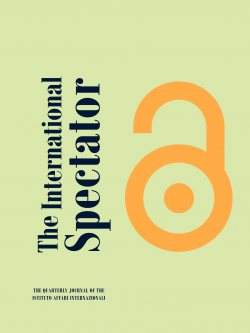The US and EU Response to Tunisia’s Democratic Backsliding: Promoting Democracy or Protecting Interests?

The European Union (EU) and the United States (US) have not responded with sufficient urgency to the democratic backsliding in Tunisia as a result of President Kaïs Saïed’s reforms since July 2021. Promoting democracy and good governance abroad, once a cornerstone of the liberal order championed by both the US and the EU, appears to have diminished as a priority. The US’s and EU’s emphasis on security interests in their foreign policy has significantly hindered efforts to promote democratisation. The perceived crisis surrounding terrorism and migration has influenced the US’s and EU’s approach, potentially neglecting the importance of human rights and democratic principles in the process. This underscores the tension between addressing immediate security challenges and upholding broader democratic values, and calls for a broader reflection on the balance between security and democracy in shaping foreign policy responses to complex challenges, such as terrorism and migration.
Keywords: democratic backsliding; Tunisia; US; EU; migration; security
-
Details
The International Spectator, Vol. 59, No. 3, September 2024, p. 158-178 -
Issue
59/3 -
ISBN/ISSN/DOI:
10.1080/03932729.2024.2357172


